 Running with a Cold: Is It Safe to Exercise If You're Sick?
Running with a Cold: Is It Safe to Exercise If You're Sick?The obsessed editors choose every product we review. We can win commission if you buy a link. Will you run with a cold help or hurt your health? If you don't feel well, and you trust it's not COVID-19, this is when you can go by and when to take a break. The impact of COVID-19 on health is a rapidly developing situation. For more up-to-date information, consult with your local health officials and resources as usual. This story will be updated as more information is available. In these days, when you cough, you have a spongy nose, wake up with sore throat, or you usually feel under the weather, your first thought can be "Do I have?"Yes, Americans and others around the world are getting their dose of the COVID19 vaccine. But it's all over the United States. While restrictions on activities such as group meetings and the dining room vary depending on their location, it is still important to maintain a social distance, when it is out in public, and wash your hands regularly, first things first - almost monitor your . If you start to feel any shortness of breath or have difficulty breathing, you start to lose your sense of taste or smell, or you have been somewhere you might have contracted COVID-19, try to test. If your doctor (or test) confirms that you do not have the virus, the next suspect may be the common cold: a higher respiratory infection that is usually caused by a viral infection and is associated with symptoms such as a spongy nose, sore throat and cough. The colds are the result of the activated immune system, explains , M.D., director of the Women's Sports Medicine Center in New York. "This 'activation' leads immune cells to migrate to the site of the infection, recruit and produce other cells and proteins to help fight the infection, and to prevent reinfection with the same error in the future," Carter says. In other words, your body is using energy supporting your immune system to fight the cold. And the amount of energy your body needs to fight an infection depends on the type of infection you are trying to stop and how severe it is. During normal times, runners often thought they could go through a cold. But with the things that change daily, it is probably better to rest considering many symptoms of COVID-19 match those of a common cold. (See table below.) COVID-19 Symptoms According to CDC, people with these symptoms may have COVID-19. If you suspect you have COVID-19, stop exercising and test." Fever or chills» Tos» Shortness of breath or difficulty breathing» Fatigue» muscle or body pain» Headache» New loss of taste or smell» Pain pain» Congestion or spongy nose» Nausea or vomiting» Diarrhea The following information refers to the common cold that prevails every year. For more information about COVID-19, is it working well for a cold? Each person, infection and operating or training situation is unique, and these decisions must be individualized, taking into account those factors, Carter advises. "It's usually good to run with a cold, but it makes sense to cut its typical duration, frequency and intensity," he says. If you decide to run, keep it and stay with. Many runners find that running with a cold in the head makes them feel better, at least temporarily. Although it is not an exact science, running can help with some cold symptoms because exercise releases adrenaline also called epinefrine, which is a natural decongestant. "The bounce can decrease some of the congestion in the nose and breasts, and you will still feel that when you are done," Carter says. Carter adds that if you have a pre-existing condition that affects your lungs like asthma, and you know running could exacerbate this while you're fighting a cold, then it's a good time to consider a less intense exercise. Try the light or a quick walk. And keep in mind that research in 2020 has shown that if your symptoms are COVID-19, and you try to solve it, .Best Facial Covers to RunWhen taking a Day of RestA common general council has been the "rule of lack". Symptoms that involve the neck and below: sore throat, cough, chest congestion, bronchial infections, body pains, chills, vomiting, diarrhea, or swollen glands, require time free to run. (Especially now, to accelerate the spread of any viruses.) Symptoms above the neck — a spongy nose, filling or sneezing — usually do not require free time. Also, if you feel weak, weak or little breath, these symptoms should prevent you from exercising or running. "Not being able to withstand enough fluid intake to stay properly hydrated or replace the energy used during an exercise session are also reasons to avoid training," Carter says. Symptoms such as high fevers, productive cough, muscle aches, decreased appetite and associated gastrointestinal problems or GI are not typical of a common cold and should not be ignored just to register miles. So, if you have a cough that means you should skip some exercises and let your body rest. In the end, Carter recommends considering your goals and whether any risk of working while you are sick is worth the benefits you can get from doing so. "Taking free time allows your body to focus on the fight against infection rather than on the energy spent on the performance of physical activity and recovery." Choose the path that will lead to recovery faster, even if that means spending the day on the couch.
Is he running with a cough? When you have an established exercise regime, like, you don't normally want to interrupt your routine. But what if you don't feel well and have developed a cough? Well, sometimes it's okay to run with a cough, and sometimes it's in your best interest not to. A general guide to exercise and disease suggested by them includes the decision criteria "up the neck/low the neck": Even if your signs and symptoms are above the neck, consider reducing the length and intensity of your training. A slow hug or walking could be more appropriate than pushing to fulfill a time or distance milestone that is based on when you felt good. When you are making your determination to "up the neck/below the neck", pay a lot of attention to your cough. Dry cough A does not produce mucus or flem. They are usually caused by respiratory irritants. A dry cough is also called non-productive cough. If you have a dry cough occasionally, it is likely that you are well to go running. Productive cough A productive cough is one that has you coughing moco or flem. If you have a productive cough that interferes with your breathing, especially when your heart rate has risen, consider posing your career until you have improved. If a cough lasts three weeks or less, it is called acute cough. A cough that lasts more than eight weeks is known as a .The common causes of acute cough include: Common causes of chronic cough include: You might worry that taking a few days off of exercise will result in a loss of performance. Serious corridors may be concerned about reducing your VO2 max: measuring the maximum amount of oxygen you can transport and use during intense exercise. According to a 1993 , for well-trained athletes, only the minimum reduction occurs in VO2 max during the first 10 days of inactivity. Each person and every operating situation is unique. For that reason, the decision should be individualized on whether or not to run with a cough. If you decide — after analyzing symptoms such as the type of cough you have — it's okay to run, consider reducing your distance and intensity. Regular exercise is part of a health regime to build and support a healthy body. Let your body guide you. Symptoms and signs of disease may be the way your body tells you something is wrong. If you have generalized muscle pains, feel fatigued, or have fever, consider taking a few days off exercise. If symptoms persist, consult your doctor. Last medical review on February 25, 2019Read this following
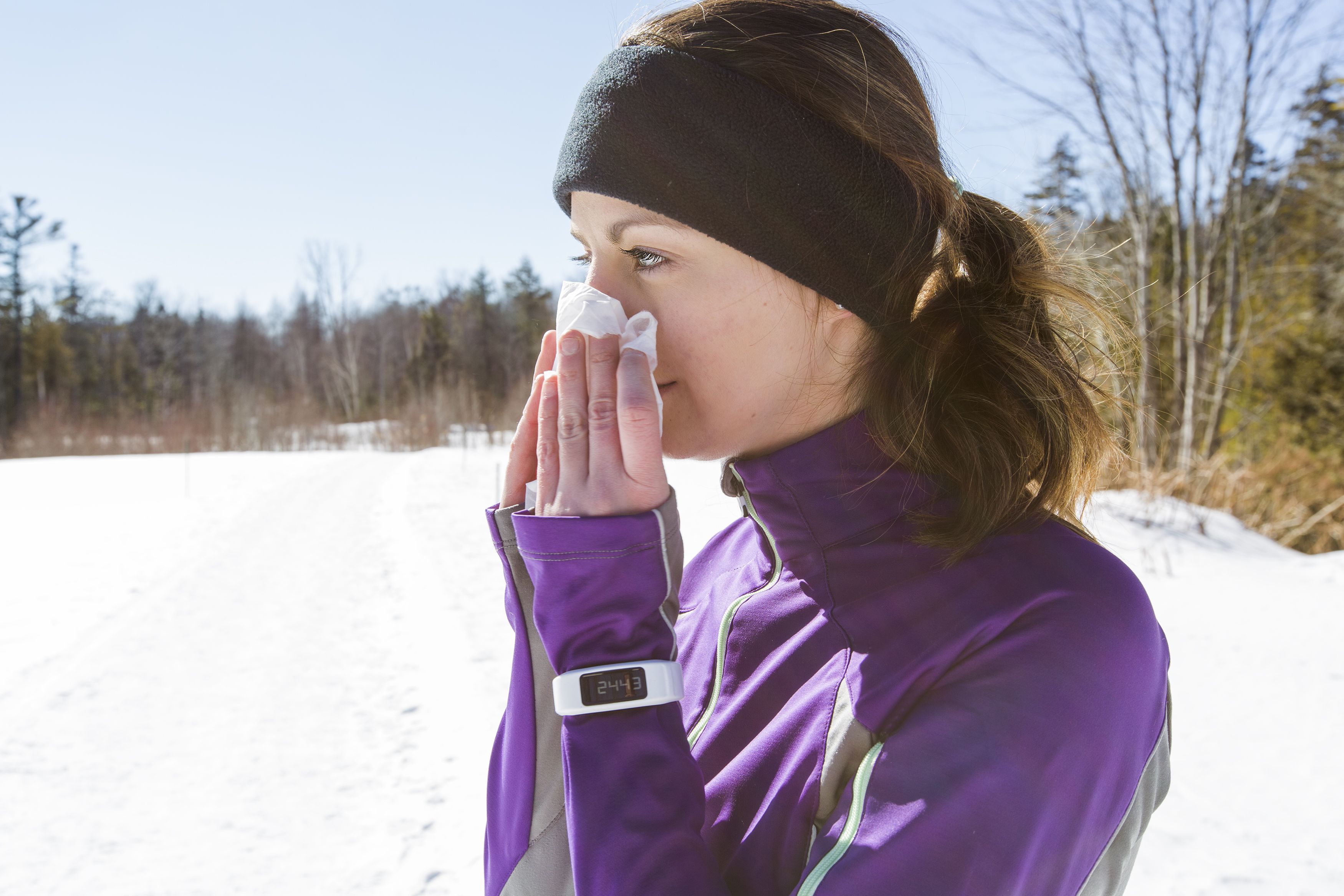
Running With a Cold | Should You Work Out While Sick?
Why exercising in the cold hurts your lungs
Running With a Cold | Should You Work Out While Sick?
Running with a Cough: When to Take a Few Days Off
How to Know When You're Too Sick to Run | MapMyRun
6 Tips to Make Running in the Cold Suck Less - Life by Daily Burn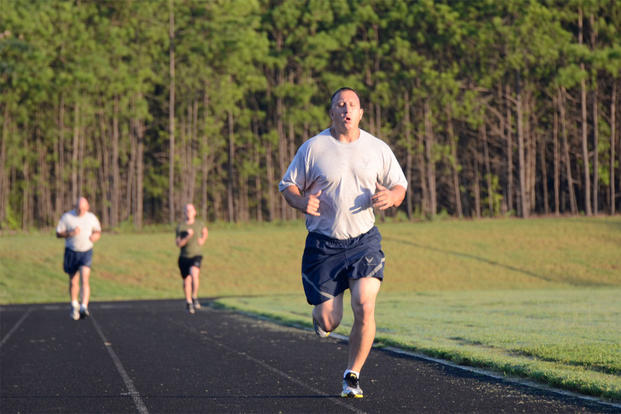
Working Out With a Cold | Military.com
Why Do Your Lungs Burn When You Run in the Cold? | Wonderopolis
Why Breathing Cold Air Hurts | Lungs Burn in Cold Weather
Is Running in the Cold Bad for Your Lungs? | ACTIVE:max_bytes(150000):strip_icc()/GettyImages-512302624-5759db3b5f9b5892e8684c54.jpg)
Can I Run If I Have a Cold?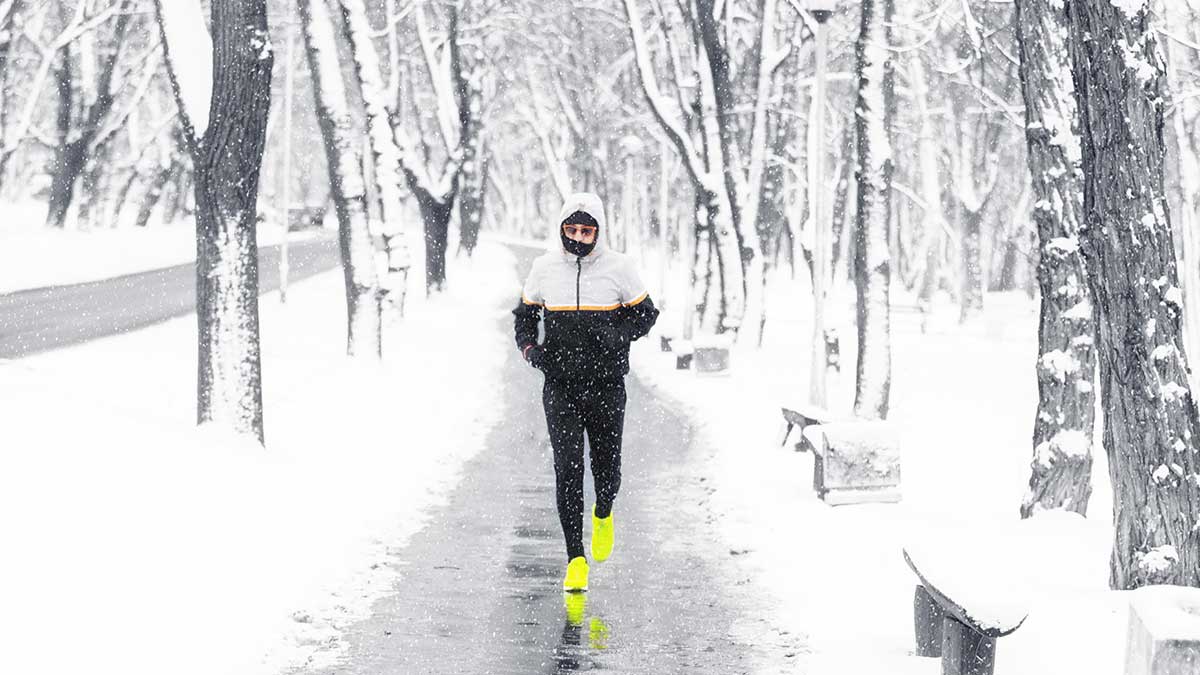
Why exercising in the cold hurts your lungs
Why Your Lungs Burn While Running in Winter | POPSUGAR Fitness
Coughing After Running: Causes, Treatment & Prevention
Working out with a cold: When it's OK and when you should rest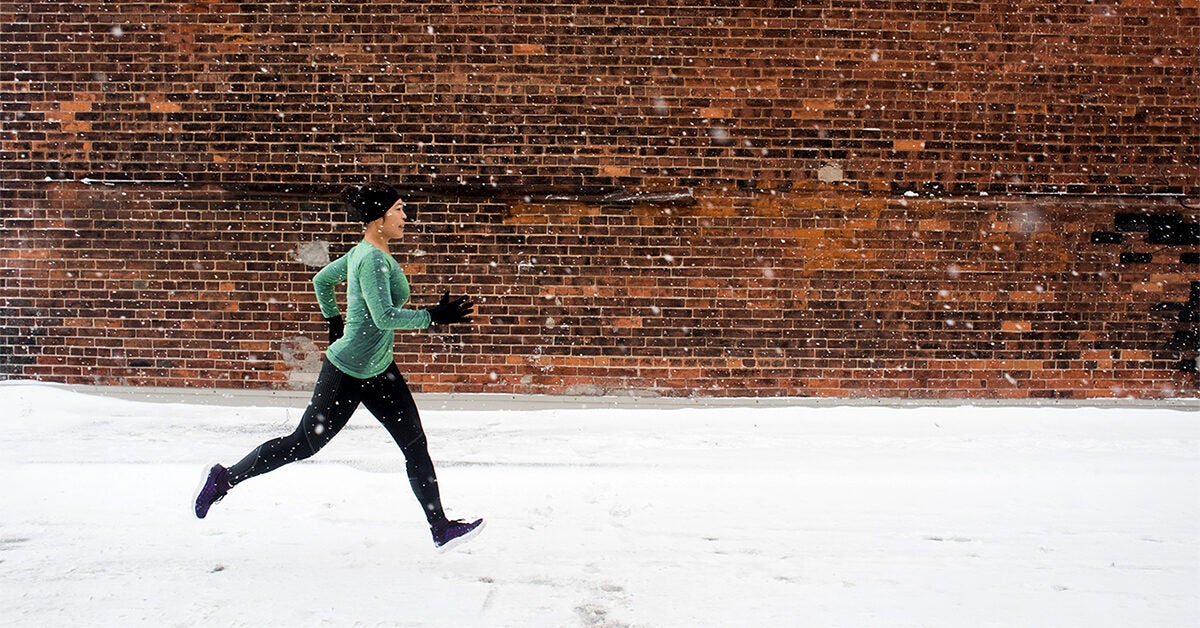
Running in the Cold Is Totally Fine for Your Body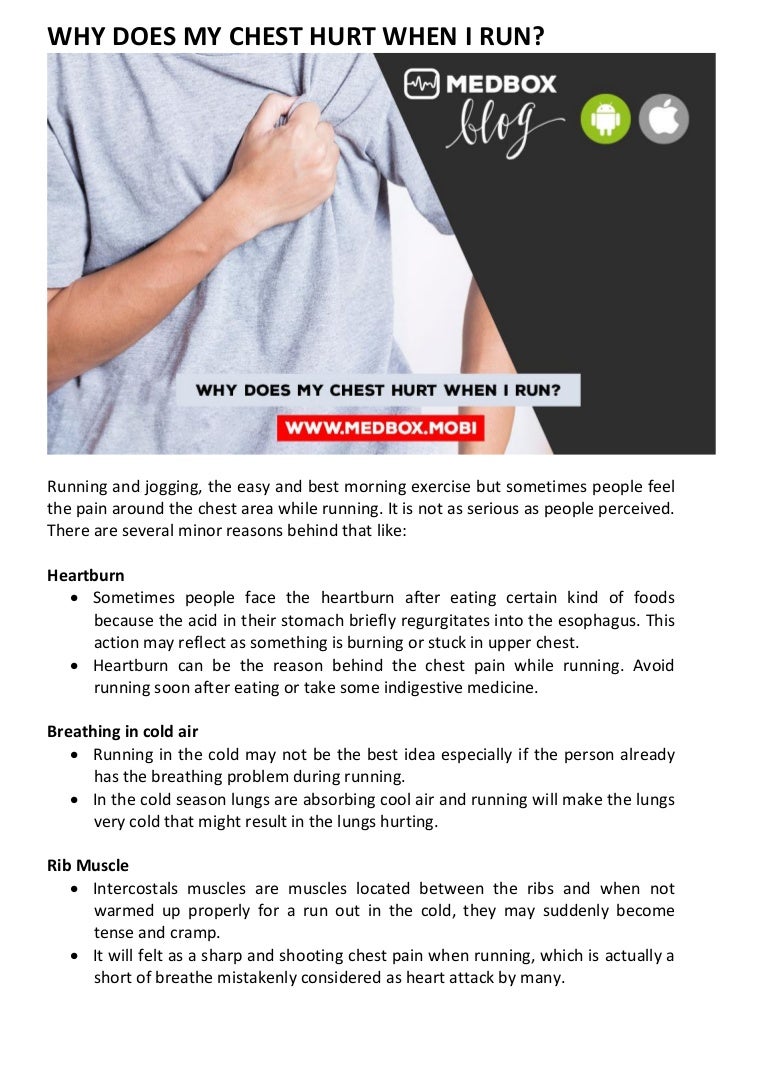
Why does my chest hurt when i run
How to Run During the Winter - The New York Times
When Can I Run After Recovering From Coronavirus? - Covid-19 Recovery
Chest and Arm Pain: Causes by Location, Diagnosis, and Treatment
Best Cold Weather Running Gear for Women, Men 2020 | The Strategist | New York Magazine
Why Do My Lungs Burn After I Run in the Cold?
Should You Wear a Face Mask When Running Outdoors? – Health Essentials from Cleveland Clinic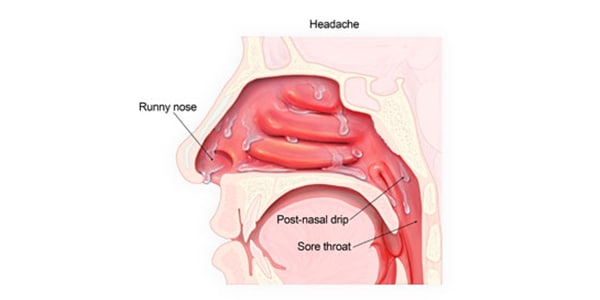
Common Cold | Community | Antibiotic Use | CDC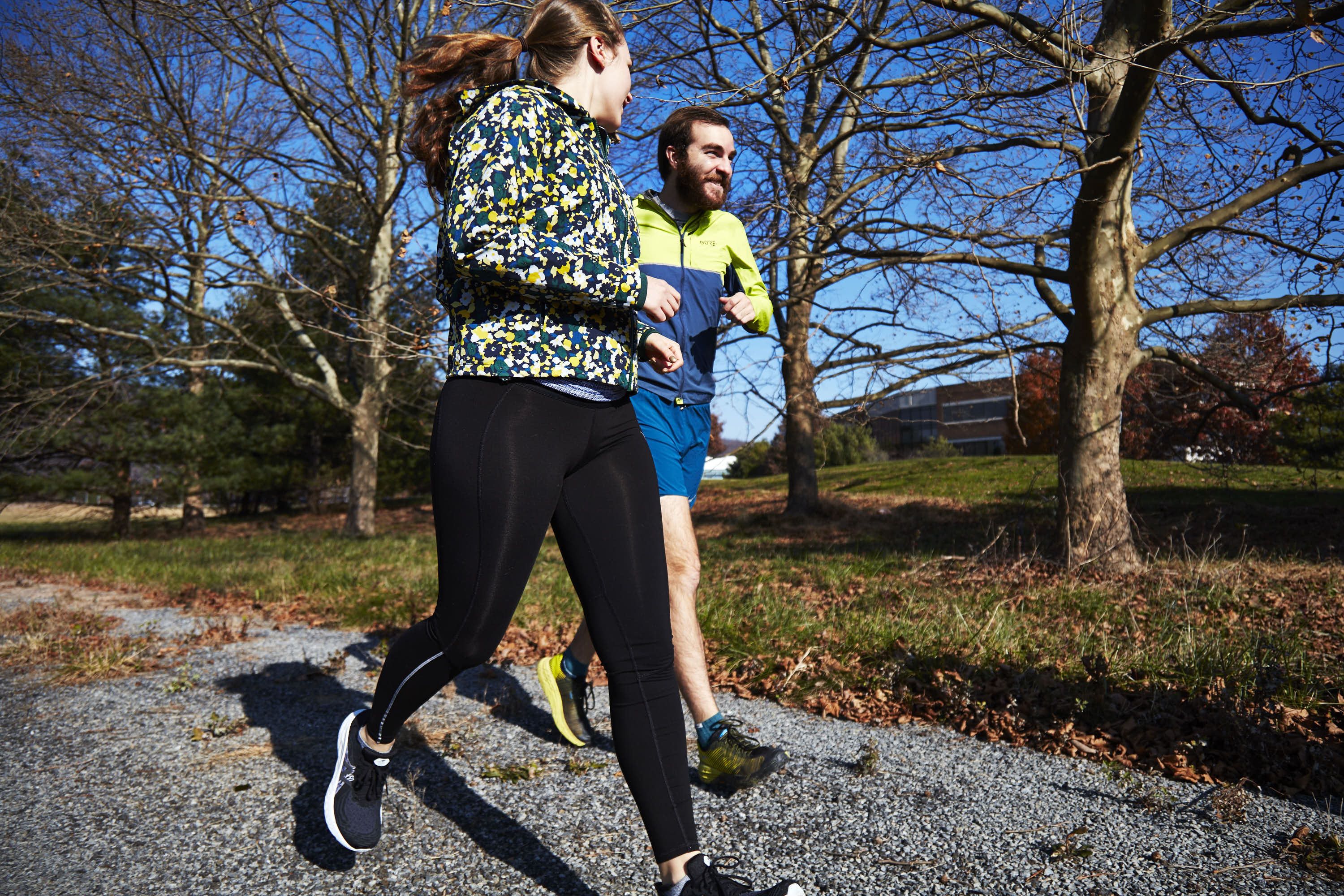
Best Winter Jackets for Running 2021 | Running Jacket Reviews
Best Cold-Weather Running Jacket For Women | POPSUGAR Fitness
The 31 Best Running Lights of 2020, Reviewed & Rated | SPY
8 Tips To Help You Conquer Cold Weather Running
Winter Running Gear Guide – What to Wear in the Cold | Polar Blog
Shoulder Pain from Running | UPMC HealthBeat
Why You Really Cough After a Tough Workout | Shape/coughing-56a145cf3df78cf77269104a.jpg)
Running With A Cold: Everything You Need to Know | Rockay
Experts reveal the truth about running while sick | Well+Good
What's the Difference Between a Cold, Bronchitis and Pneumonia? | Keck Medicine of USC
This Is Why Your Chest Hurts When You Run (And What To Do About It) - FITREP
10 Weird Running Pains and How to Fix Them | Shape
Best Winter Running Gear | Buyers Guide 2021 | Fleet Feet
How to Know When You're Too Sick to Run | MapMyRun
Why Do I Cough After Running in the Cold? | Health.com
What's the Difference Between Walking Pneumonia and Regular Pneumonia? – Health Essentials from Cleveland Clinic
 Running with a Cold: Is It Safe to Exercise If You're Sick?
Running with a Cold: Is It Safe to Exercise If You're Sick?









:max_bytes(150000):strip_icc()/GettyImages-512302624-5759db3b5f9b5892e8684c54.jpg)



















/coughing-56a145cf3df78cf77269104a.jpg)








Posting Komentar untuk "running with a chest cold"